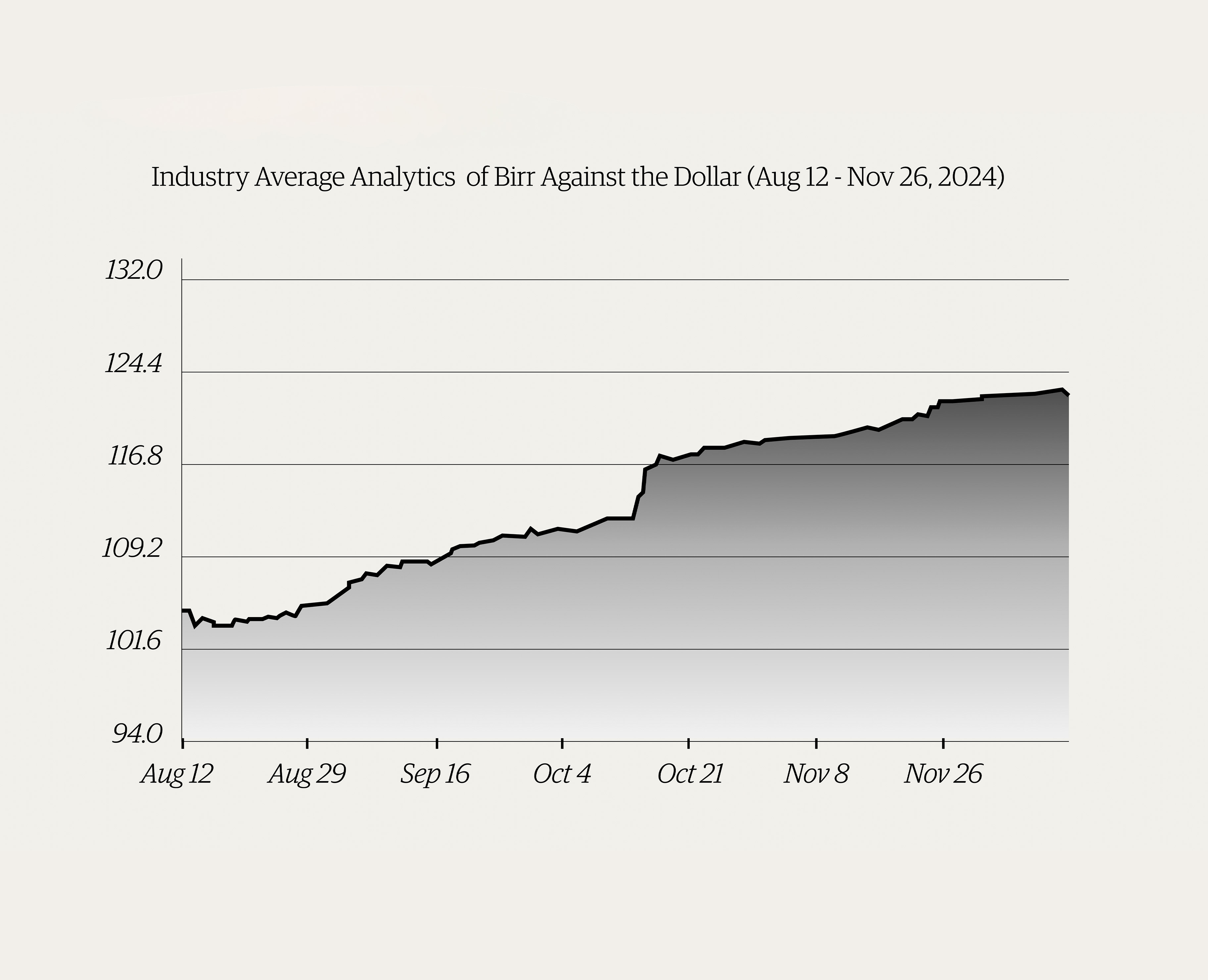
Sunday with Eden | Apr 28,2024
Regulators at the National Bank of Ethiopia (NBE) have proposed a new corporate governance bill aimed at improving the insurance sector's stability. This bill focuses on qualifications, oversight, and administration, to create a robust financial market.
Officials believe the bill is designed to enhance the effectiveness of insurers, improve risk management, and support strategic and operational goals.
Martha Hailemariam, an advisor to the vice governor, emphasised the need for enhanced corporate governance in Ethiopia’s nascent insurance sector. As the country opens up to foreign financial institutions and the capital market, she believes stronger governance is crucial for improving industry quality, financial stability, and sustainability.
"Good governance is the cornerstone," Martha told Fortune.
She said the central bank is implementing stricter governance requirements to drive better returns and growth within the sector. To further bolster the industry, Martha noted that new reforms are underway to establish an independent regulator. This regulatory body will oversee the sector's supervision and stability, aiming to solidify financial soundness.
"The aim is to improve the industry," she told Fortune.
The draft directive includes fit-and-proper criteria for senior positions such as Chief Executive Officers, Board of Directors members, and Senior Executive Officers, all subject to NBE approval. It mandates a minimum degree and at least 12 years of experience in insurance operations, with five years in a chief executive role. Candidates must have at least three years of managerial experience in areas such as operations, finance, internal audit, risk management, and compliance.
Board members are required to hold a minimum of a first degree and have adequate business management experience, with a minimum age requirement of 30 years. The NBE may conduct fitness and propriety assessments to determine whether executives can continue in their roles or should be removed. The bill also allows for the suspension of the voting rights of influential shareholders and the removal of directors or senior executives if necessary.
However, the insurance industry has raised concerns about the new bill, arguing that it imposes overly restrictive regulations. Yared Molla, president of the Association of Ethiopian Insurers, stated that the industry has been burdened by excessive regulations that treat banks and insurance companies similarly.
"Banks and insurance companies should be seen differently," he said.
Yared also challenged the bill for not aligning with international practices and failing to understand the unique nature of the insurance business. He argued that qualified individuals with the necessary skills have been excluded from CEO positions due to a lack of understanding of the industry.
The insurance sector in Ethiopia has been shaped by financial sector liberalisation and market reforms since the early 1990s, but penetration remains low at 2.3pc. The industry, now consisting of 18 insurance companies and one reinsurance company, has faced challenges such as skill gaps and unclear regulatory frameworks, particularly in areas like digital insurance and microinsurance.
Ethiopia Re-insurance S.C. has also expressed concerns about the operational requirements set by the bill. Fikru Tsegaye, a strategy and business development executive, argued that the focus on technical skills has overlooked other important qualifications, such as marketing and IT expertise.
"The bill has not benchmarked international experiences," he said, adding that the industry's challenges are exacerbated by overly stringent regulations.
Experts in the insurance industry call for the establishment of a new regulatory body to oversee the sector. They argue that a dedicated financial supervisory agency with a deep understanding of insurance can drive industry advancement and protect investors, shareholders, and customers
Assegid Gebremedhen, an insurance consultant, echoed these concerns, arguing that the bill neglects the importance of marketing in the insurance industry.
"Insurance is market-driven, not purely operational," he said.
He also challenged the NBE for failing to provide adequate supervision and understanding of the industry. Assegid called for the establishment of a new regulatory body—a financial supervisory agency—that understands the insurance sector's role and can drive its advancement. He stressed the need to protect investors, shareholders, and customers as the industry evolves.
PUBLISHED ON
Aug 11,2024 [ VOL
25 , NO
1267]

Sunday with Eden | Apr 28,2024

Agenda | Aug 11,2024

Fortune News | Mar 18,2023

Fortune News | Jul 09,2022

Exclusive Interviews | Jan 05,2020

Advertorials | May 29,2023

Exclusive Interviews | Jan 05,2020

Delicate Number | Aug 16,2025

Money Market Watch | Dec 15,2024

Commentaries | Mar 01,2024

Dec 22 , 2024 . By TIZITA SHEWAFERAW
Charged with transforming colossal state-owned enterprises into modern and competitiv...

Aug 18 , 2024 . By AKSAH ITALO
Although predictable Yonas Zerihun's job in the ride-hailing service is not immune to...

Jul 28 , 2024 . By TIZITA SHEWAFERAW
Unhabitual, perhaps too many, Samuel Gebreyohannes, 38, used to occasionally enjoy a couple of beers at breakfast. However, he recently swit...

Jul 13 , 2024 . By AKSAH ITALO
Investors who rely on tractors, trucks, and field vehicles for commuting, transporting commodities, and f...

Oct 18 , 2025
The political establishment, notably the ruling party and its top brass, has become p...

Oct 11 , 2025
Ladislas Farago, a roving Associated Press (AP) correspondent, arrived in Ethiopia in...

Oct 4 , 2025
Eyob Tekalegn (PhD) had been in the Governor's chair for only weeks when, on Septembe...

Sep 27 , 2025
Four years into an experiment with “shock therapy” in education, the national moo...